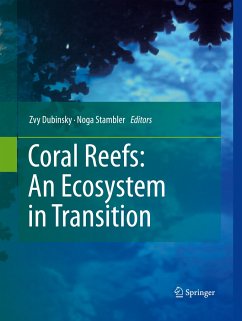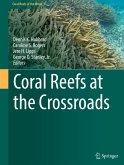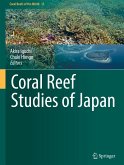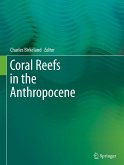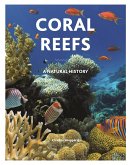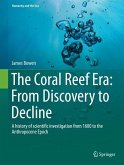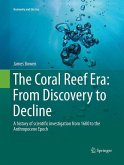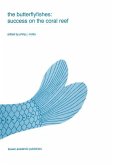This book covers in one volume materials scattered in hundreds of research articles, in most cases focusing on specialized aspects of coral biology. In addition to the latest developments in coral evolution and physiology, it presents chapters devoted to novel frontiers in coral reef research. These include the molecular biology of corals and their symbiotic algae, remote sensing of reef systems, ecology of coral disease spread, effects of various scenarios of global climate change, ocean acidification effects of increasing CO2 levels on coral calcification, and damaged coral reef remediation. Beyond extensive coverage of the above aspects, key issues regarding the coral organism and the reef ecosystem such as calcification, reproduction, modeling, algae, reef invertebrates, competition and fish are re-evaluated in the light of new research and emerging insights. In all chapters novel theories as well as challenges to established paradigms are introduced, evaluated and discussed. This volume is indispensible for all those involved in coral reef management and conservation.
From the reviews:
"This book examines coral reefs from A to Z in five parts ... 29 chapters, with most of the chapters appearing in the biology, ecosystem, and disturbance sections. Each chapter typically begins with a short abstract, followed by detailed contents. Most of the figures and photos are in color and correlate well with chapter contents. ... a good reference source for all levels of readers, from nonscientist to professional researcher ... . Summing Up: Recommended. Academic, professional, and general readers, all levels." (L. T. Spencer, Choice, Vol. 48 (10), June, 2011)
"This book examines coral reefs from A to Z in five parts ... 29 chapters, with most of the chapters appearing in the biology, ecosystem, and disturbance sections. Each chapter typically begins with a short abstract, followed by detailed contents. Most of the figures and photos are in color and correlate well with chapter contents. ... a good reference source for all levels of readers, from nonscientist to professional researcher ... . Summing Up: Recommended. Academic, professional, and general readers, all levels." (L. T. Spencer, Choice, Vol. 48 (10), June, 2011)

